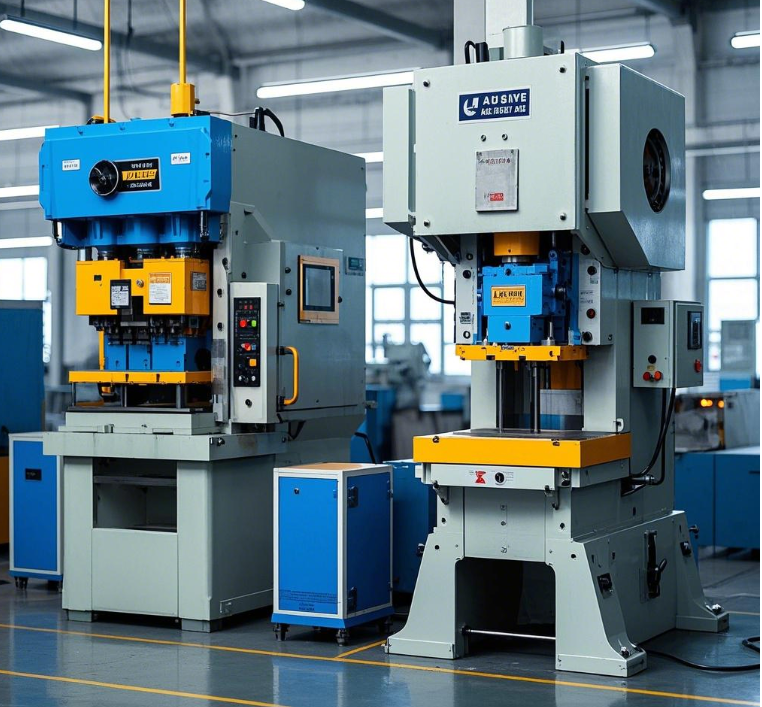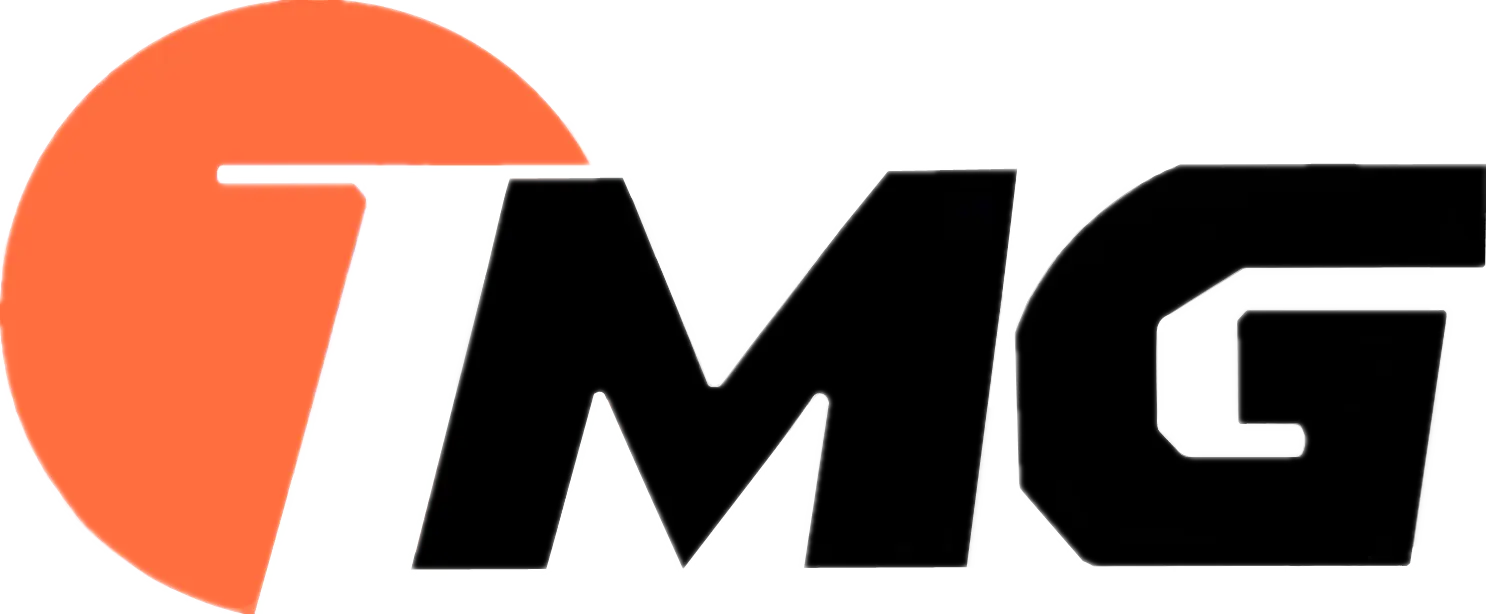1. Introduction
In the manufacturing industry, stamping technology is widely used in metal processing, automotive production, home appliances, and more. With advancements in technology, traditional hydraulic presses and mechanical presses are being replaced by more efficient and energy-saving servo presses. This article will delve into the advantages of servo presses and their future applications in modern manufacturing.
2. What is a Servo Press?
A servo press uses a servo motor to drive the stamping process, differentiating itself from traditional mechanical and hydraulic presses. The precise control and high efficiency of the servo motor give the servo press unique advantages.

3. Advantages of Servo Presses
Energy Efficiency: Servo presses precisely control motor speed and power, reducing energy consumption compared to traditional presses, thereby lowering production costs.
Precision Control: Servo motors offer high precision, resulting in stable stamping processes with minimal errors, improving product quality.
Lower Maintenance Costs: Servo presses have simpler designs, reducing the complexity of traditional hydraulic systems and lowering maintenance and repair costs.
Increased Production Efficiency: Servo motors can adjust stamping speed based on real-time needs, making production more flexible and efficient, especially for small batches and complex designs.
4. Applications of Servo Presses
Automotive Manufacturing: Servo presses are ideal for producing automotive parts, particularly in stamping high-precision, metal components.
Home Appliance Industry: They are widely used in the home appliance sector, especially for thin sheet metal stamping and complex part designs.
Precision Metalworking: Servo presses excel in high-precision metal parts production, meeting industry standards.
5. Pain Points: Why Servo Presses Are the New Trend
High Energy Consumption: Traditional presses have high energy consumption and low efficiency, making them less suited to modern production demands. Servo presses provide a more efficient solution.
High Maintenance Demands: Traditional mechanical and hydraulic presses require more frequent and expensive maintenance, whereas servo presses are designed for lower maintenance costs.
6. Conclusion
With their energy efficiency, precision, and lower maintenance costs, servo presses are the ideal choice for modern manufacturing. Companies looking to improve production efficiency, reduce energy costs, and minimize maintenance should consider investing in servo presses.




